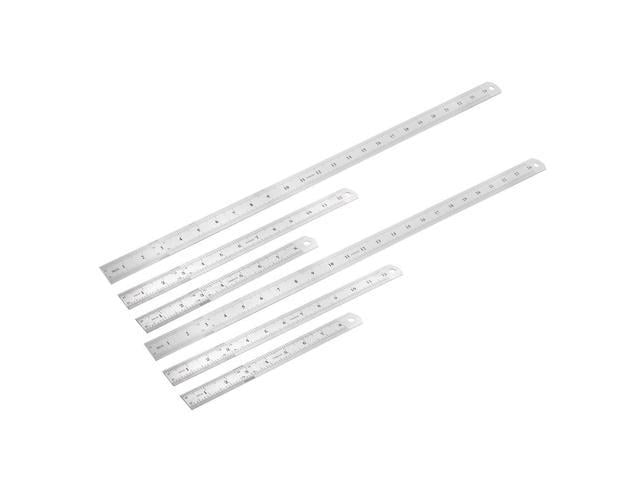Excerpt from China England
Speaking of education, by one stroke of the vermillion pencil, the old style and method of examination were abolished, striking dismay into the hearts of thousands of the scholar class, who were thus deprived of their principal road to official appointments and livelihood. The Imperial decree embodying this measure recognised that the great wealth and power enjoyed by Western nations are chiefly derived from wide-spread education, and that the need of forming statesmen of talent and ability and of giving the people substantial and practical knowledge of preparing them for a constitutional form of government could best be satisfied by adopting the modern system of education. From reports presented by the provincial authorities, it is satisfactory to learn that there is not a province without its normal schools, with students ranging from three hundred to a thousand. In this manner the Government hopes to have an adequate supply of properly trained teachers for the primary schools within a reasonable period. Another obstacle in the way of new education is the absence of new text books and scientific apparatus. Through the enter prise and farsightedness of publishing houses and the public Spirit and energy of private individuals, this deficiency is being rapidly supplied. English is widel taught even in the elementary schools, but unfortunately, the excellent books imported were not written with the Chinese mental peculiarities in view, nor is the subject matter appropriate to Chinese boys and girls.
About the Publisher
Forgotten Books publishes hundreds of thousands of rare and classic books. Find more at www.forgottenbooks.com
This book is a reproduction of an important historical work. Forgotten Books uses state-of-the-art technology to digitally reconstruct the work, preserving the original format whilst repairing imperfections present in the aged copy. In rare cases, an imperfection in the original, such as a blemish or missing page, may be replicated in our edition. We do, however, repair the vast majority of imperfections successfully; any imperfections that remain are intentionally left to preserve the state of such historical works.















